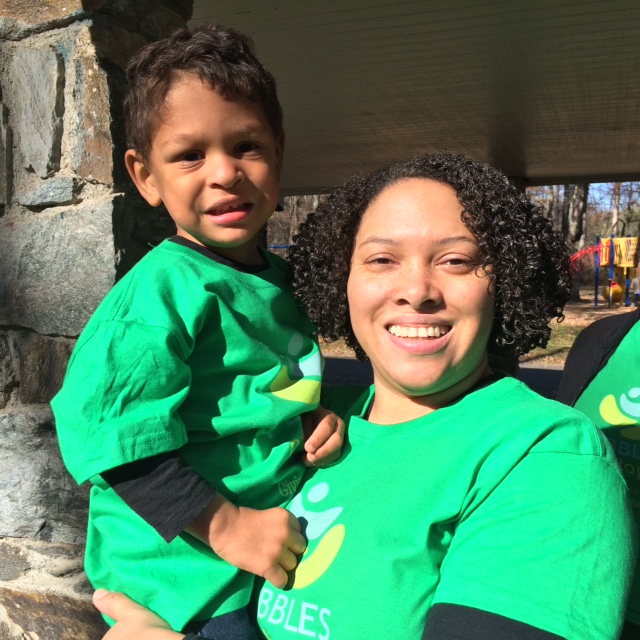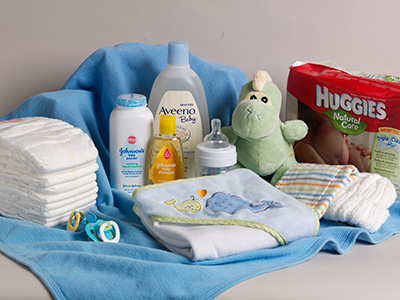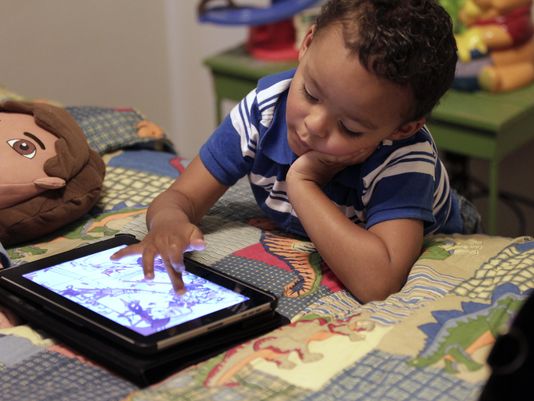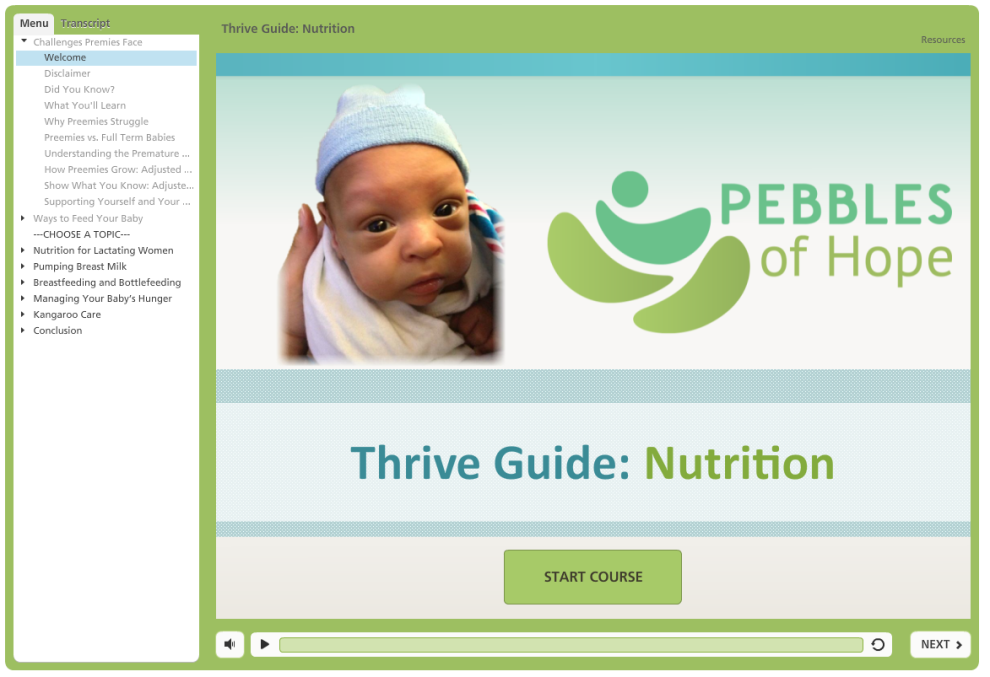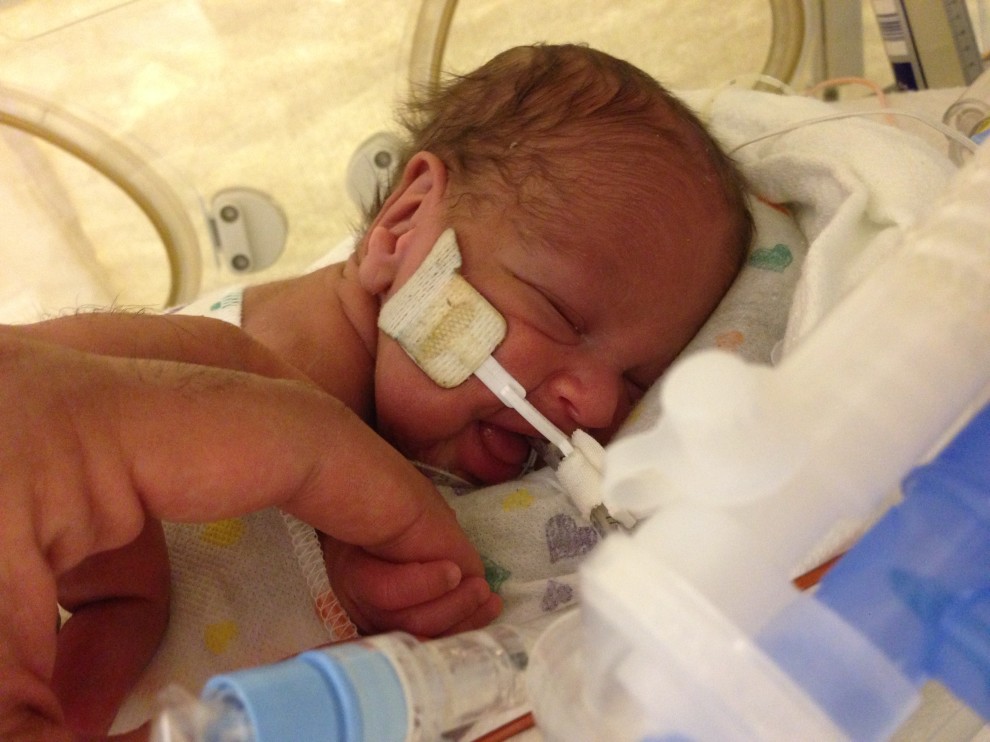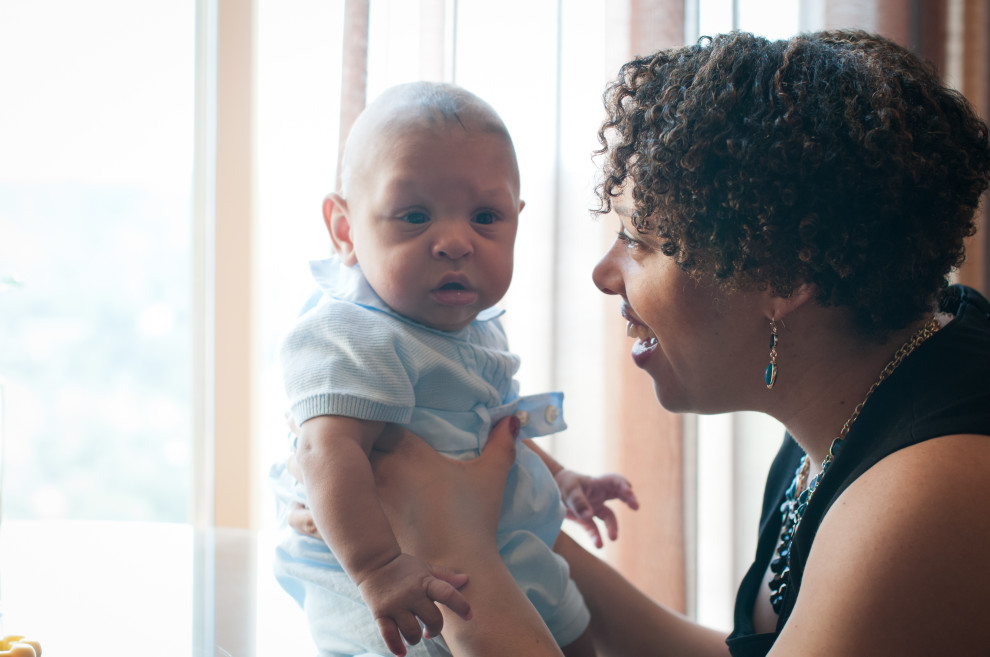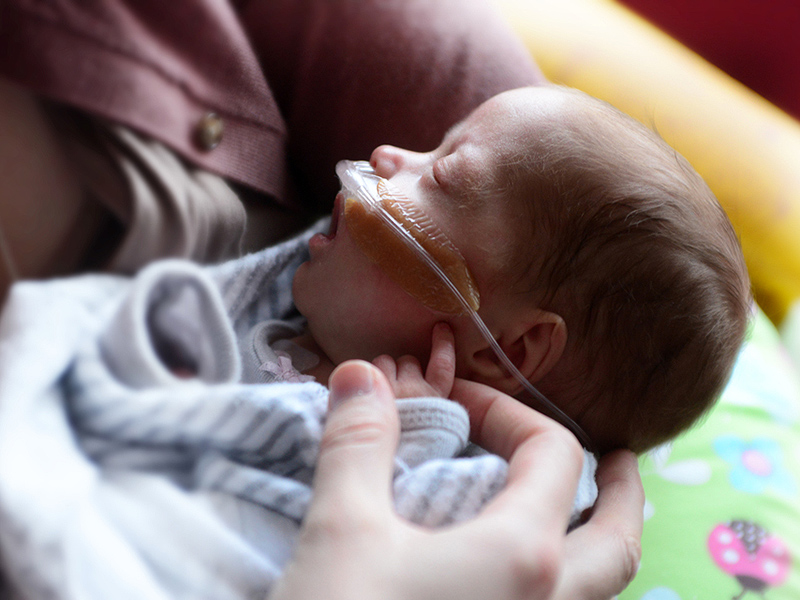By Cheryl Chotrani
Prematurity is an experience that no parent can ever fully prepare for. It often comes unexpectedly, with little or no warning and no instruction manual for how to deal with the inevitable emotional trauma that it causes. When my son was born 16 weeks early, weighing 1 lb 2 oz, my entire world was turned upside down. For weeks, I didn’t know if he was going to survive. During his nearly five month NICU stay he suffered from respiratory distress, a collapsed lung, a bowel perforation, two surgeries and more blood transfusions and medications than I can count. Then, when he was strong and healthy enough for me to believe that he was likely coming home, I began worrying about the long-term consequences and developmental challenges that I was told repeatedly he would be at risk for.
Now that my son is three-years-old and doing well, I look back on his time in the NICU and I’ve reflected on how that experience has impacted me. I’ve come away from that harrowing journey with a newfound appreciation for the fortitude of the human spirit and an understanding of what really matters most.
Here are a few of the lessons that I took away from my son’s NICU experience:
I am stronger than I thought I was
Before embarking on my path to becoming a mother, I would have never believed that I would have been capable of getting through a difficult pregnancy, an early birth and the possibility of losing my son. But when that situation presented itself in my life, I had no choice but to find the strength I needed to keep going. Each day presented a new set of challenges, but when I saw how hard my little boy was fighting, it got a little bit easier to keep pushing forward myself.
Appreciate every moment
Though a premature birth is not what any parent imagines or wants for their child, it’s important to appreciate the little moments of joy and to remember that having a child, regardless of the circumstances, is something to celebrate. Watching my son fight for his life in the hospital every day was incredibly hard and often heartbreaking, but the many magical moments I experienced with him as he got healthier and stronger are now my most cherished memories. I will never forget the first time I held him in Kangaroo Care while he was still on a ventilator, the first time he drank a full feed from a bottle and could finally take in the breast milk I had been pumping for him, or the first time I gave him a bath in a small bucket at the hospital. For a preemie, every little milestone is special.
Give yourself space to heal
While it is great to celebrate the happy moments, it is also ok to acknowledge that the prematurity experience is tough. That’s why post-traumatic stress disorder (PTSD) is a real challenge that many preemie parents face. Even though I was not officially diagnosed with that condition, I still needed time to process all of my emotions. Prematurity comes with many losses — the loss of the final stages of pregnancy, the loss of a “normal” birth experience, the loss of bonding time when the baby is first born, and for some, the loss of their child. It’s perfectly acceptable to take time to grieve these losses.
It’s ok to give up on perfection
Before my water broke fifteen weeks into the pregnancy and I realized that I would be delivering early, I had a very idealistic idea of what being a new mother would be like. I wanted everything to be perfect. I had imagined that I would breastfeed for a year, but after having a micro-preemie, that dream seemed out of reach. As my son’s doctors and nurses had advised me, I began pumping to provide breast milk for my son. Thankfully, I was able to pump successfully for 7 months, but even after my son came home, I was never able to get him to latch on for breastfeeding. Though I know it is possible to breastfeed preemies, it’s not easy or even feasible for many. With a new baby, and particularly with a preemie, things don’t always go as planned. Being a great parent oftentimes means simply doing the best you can in whatever situation life throws at you.
Accepting help from others is the best thing you can do for yourself and your baby
Having a baby in the NICU is hard enough for anyone. But, many NICU parents also have other responsibilities that need their attention, such as other children at home, other family obligations or a job. No one can manage it all themselves. Accepting help from others gives you the time and the mental and emotional reserve to take care of yourself and to be there for your baby when you’re needed most. Each NICU story is unique, but what many of them have in common is the unexpected twists and turns as complications arise or timelines stretch longer than anticipated. Having friends and family by your side makes it easier to deal with these challenges.
Miracles can and do happen
Every baby born is a miracle, but for me, it took seeing a tiny baby at the edge of life to really understand what that meant. Incredible things happen every day, but rarely did I stop to take notice until I saw firsthand how truly fragile life can be. Every doctor that I spoke to during and after my pregnancy told me not to expect a positive outcome, but after 140 days in the NICU, my son came home and has been progressing well ever since. Once given less than a 10% chance of survival, my son has not only survived, but he’s thriving. His journey was remarkable, but so is the journey of every preemie and every baby as well as every breath, every step and every achievement that all of us make in the course of our own lives.
From the beginning, my son showed me his strength and resilience, which continues to inspire me every day. I’m still learning new lessons every day from his prematurity experience and am now turning my attention towards passing along those lessons to others just starting their NICU journey. Having been blessed with the miracle of our son, my husband and I have established Pebbles of Hope to provide support and resources to other families facing the challenges of premature birth. Despite the harrowing ordeal we went through, we ended up with the greatest outcome we could have ever imagined – a handsome, sweet and happy little boy and the opportunity to help others in a meaningful way.


